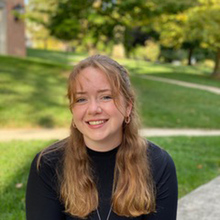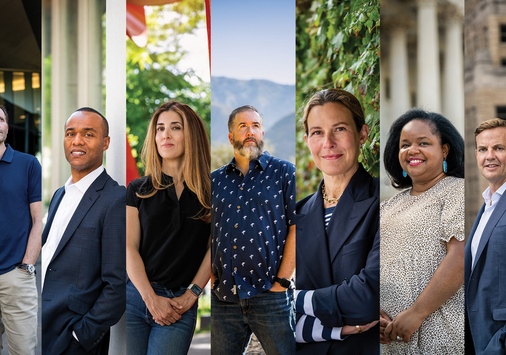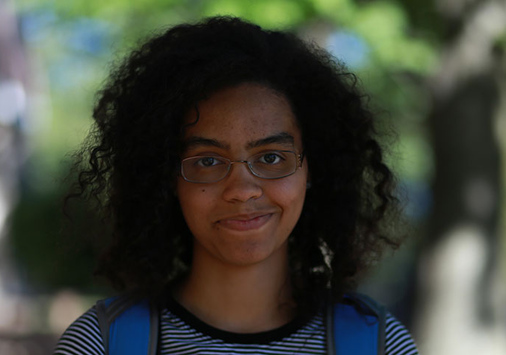Senior Research Project and Adviser: “African American Women and Title IX: Where Is Title VI?” with Dr. Megan Threlkeld (History) and Dr. Toni King (Black Studies)
What are the key research questions your project explores?
To what extent does antidiscrimination legislation serve intersectional identities, particularly African American women filing claims of sexual harassment?
In what ways is the conversation, discourse, and framework surrounding sexual harassment and sex discrimination problematic and excluding of multifaceted identities?
What are institutional manifestations of the United States legal system’s single-axis approach to sex discrimination? In what ways do GLCA colleges promote, reject or challenge the legal system’s inability to account for intersectional identities?
What is the main argument of your final project?
I argue that antidiscrimination legislation is insufficient in its ability to serve and protect African American women (as well as other multifaceted identities) and that Denison University consider implementing a racial mandate for their Title IX office as a means of redressing this issue.
What was one of your most interesting primary sources, and why?
I used many congressional hearings throughout the first section of research paper. I found every congressional hearing in which the Senate or House held hearings to discuss the efficacy of Title IX and its implementation (there were only two congressional hearings on this topic, held on the 30th and 35th anniversary of Title IX’s establishment). I then analyzed these documents, looking for any instance in which government officials acknowledged intersectionality or alluded to failures of Title IX to account for the confluence of race and gender discrimination. To no surprise, none of the US government officials discussed this issue, even after the National Coalition for Women and Girls in Education presented a report in which they asked for additional research to be done on Title IX’s ability to serve BIPOC students (this report was presented in 2002 on Title IX’s 30th anniversary; no additional research on this topic was presented during the congressional hearing that marked Title IX’s 35th year anniversary).
What was one of your favorite parts of the overall senior research experience?
Sharing my research with other faculty and students.



















